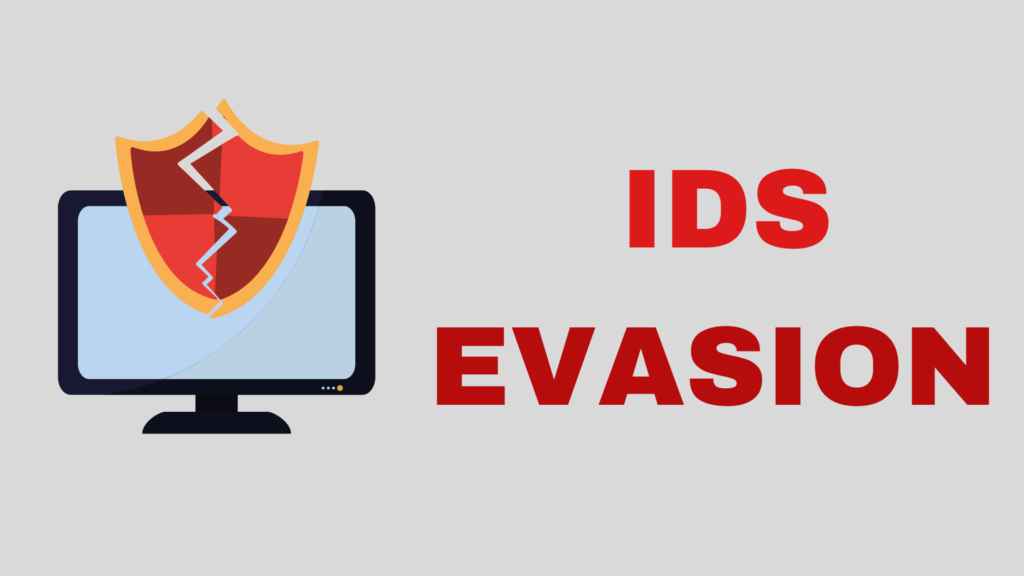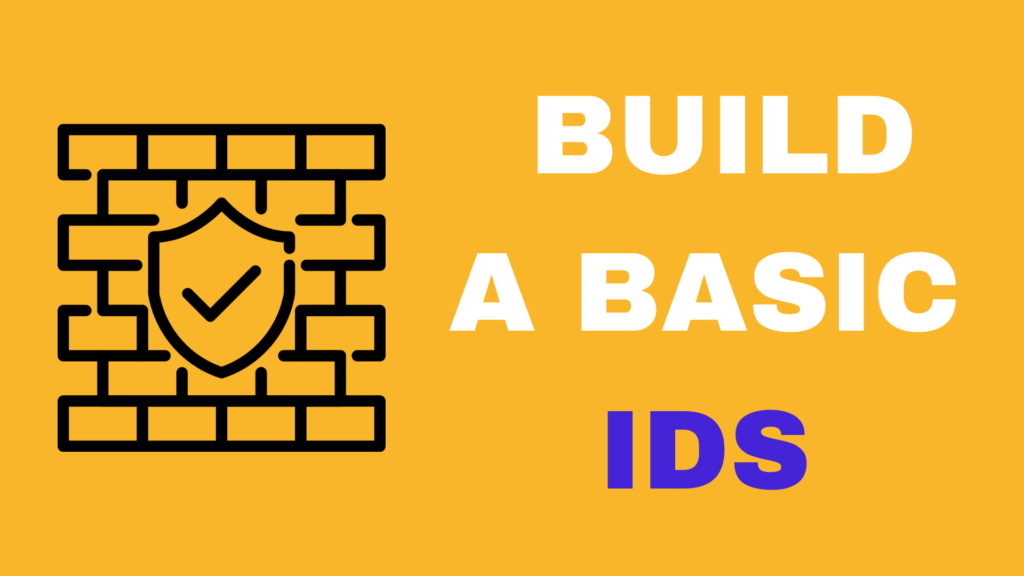Online transactions have become increasingly popular over the past few years, with more and more people opting to shop and pay for services online. While this has made our lives easier and more convenient, it has also made us vulnerable to online fraud.
According to a report by the Federal Trade Commission (FTC), online fraud has become the most common form of consumer complaint, with over 3.2 million complaints reported in 2018. This number is only expected to rise as online transactions continue to increase.
As a result, it is important to take steps to secure your online transactions and protect yourself from fraud. In this article, we will discuss various methods you can use to secure your online transactions and reduce the risk of fraud.
- Use Strong Passwords
One of the most effective ways to secure your online transactions is to use strong passwords. A strong password should be at least 8 characters long and should include a combination of letters, numbers, and special characters.
Avoid using easily guessable passwords such as your name, birthdate, or common words. Instead, consider using a password manager to generate unique, random passwords for each of your online accounts. This way, you won’t have to remember all of your passwords and you can be sure that they are secure.
- Enable Two-Factor Authentication
Two-factor authentication (2FA) is an extra layer of security that requires you to provide a second form of identification in order to log in to your account. This could be a code sent to your phone, a security question, or a fingerprint scan.
Enabling 2FA on your online accounts is a great way to secure your transactions as it makes it much harder for a hacker to gain access to your account.
- Use a Secure Network
When making online transactions, it is important to ensure that you are using a secure network. Public Wi-Fi networks, such as those found in coffee shops and airports, are often not secure and can be easily hacked.
To protect yourself, consider using a virtual private network (VPN) when accessing the internet in public places. VPNs encrypt your internet connection, making it more difficult for hackers to intercept your data.
- Be Careful What You Share Online
Hackers often use personal information to gain access to your accounts. To protect yourself, be careful what you share online. This includes your name, address, phone number, and date of birth.
Avoid posting this information on social media or online profiles, and be cautious when providing it to websites or online retailers. If a site asks for more information than necessary, consider whether it is worth providing it.
- Use Credit Cards for Online Transactions
When making online transactions, consider using a credit card instead of a debit card. Credit cards offer more protection against fraud, as you are not using your own money and you have the option to dispute charges if necessary.
If you do use a debit card for online transactions, be sure to monitor your account closely for any suspicious activity.
- Shop on Secure Websites
To ensure that your online transactions are secure, be sure to only shop on secure websites. Look for a padlock icon in the URL bar, as well as a URL that begins with “https” (the “s” stands for secure).
You can also check the website’s security certificate by clicking on the padlock icon and looking for a valid certificate issued by a reputable organization.
- Use Security Software
Installing security software on your computer or device can help protect you from online fraud. This includes antivirus software, which helps to prevent malware and viruses from infecting your device, and firewalls, which can help block unauthorized access to your device.
Security software can also help protect your online transactions by warning you of any suspicious activity or phishing attempts. Be sure to keep your security software up to date to ensure that you have the most current protection.
- Be Careful When Clicking Links
Phishing scams, where hackers send fake emails or messages that appear to be from legitimate companies, are a common way for hackers to gain access to your personal information. To protect yourself, be careful when clicking links, even if they appear to be from a trusted source.
Before clicking on a link, hover your mouse over it to see where it is taking you. If the link looks suspicious or takes you to an unfamiliar website, do not click on it.
- Use Secure Payment Methods
When making online transactions, be sure to use a secure payment method. This includes using a secure payment processor such as PayPal or using a credit card with added security features such as Mastercard SecureCode or Visa Secure.
Avoid using wire transfers or sending money directly to an individual or company, as these methods offer little protection against fraud.
- Monitor Your Accounts
To help protect yourself from online fraud, be sure to regularly monitor your accounts for any suspicious activity. This includes checking your bank and credit card statements, as well as monitoring your credit report.
If you notice any unusual activity, be sure to report it to your bank or credit card company as soon as possible.
Conclusion
Online transactions can be a convenient and efficient way to shop and pay for services, but they also come with the risk of fraud. By following these steps, you can secure your online transactions and protect yourself from fraud. This includes using strong passwords, enabling two-factor authentication, using a secure network, being careful what you share online, using credit cards for online transactions, shopping on secure websites, using security software, being careful when clicking links, using secure payment methods, and regularly monitoring your accounts. By taking these precautions, you can reduce the risk of online fraud and enjoy the convenience of online transactions with peace of mind.
It is important to remember that online fraud can happen to anyone, even those who are careful about their online security. If you do fall victim to online fraud, be sure to report it to the appropriate authorities and take steps to secure your accounts. This may include changing your passwords, updating your security software, and monitoring your accounts closely.
In addition, you may want to consider adding additional security measures to your accounts, such as using a security key or biometric authentication. These extra layers of security can help protect you from even the most determined hackers.
Finally, be aware of the signs of online fraud. This includes receiving emails or messages from unfamiliar sources, receiving unexpected bills or charges, and noticing unusual activity on your accounts. By staying vigilant and being aware of the potential risks, you can better protect yourself from online fraud.
In conclusion, securing your online transactions is essential in today’s digital age. By following the tips outlined in this article, you can reduce the risk of online fraud and enjoy the convenience of online transactions with confidence. Remember to use strong passwords, enable two-factor authentication, use a secure network, be careful what you share online, use credit cards for online transactions, shop on secure websites, use security software, be careful when clicking links, use secure payment methods, and regularly monitor your accounts. By taking these precautions, you can protect yourself from online fraud and enjoy the benefits of online transactions without worry.
It is also important to educate yourself on the latest online fraud tactics and stay up to date on new security measures. This can help you stay one step ahead of hackers and protect your online transactions.
There are many resources available to help you stay informed, including online forums, blogs, and security experts. You can also sign up for alerts or notifications from your bank or credit card company, which can alert you to any suspicious activity on your accounts.
In addition to protecting your own online transactions, you can also help protect others by sharing your knowledge and experience with others. This can include educating friends and family on online security best practices and encouraging them to adopt strong passwords and other security measures.
By working together, we can all make the internet a safer place for online transactions and protect ourselves and others from online fraud.
In summary, securing your online transactions is essential to protecting yourself from fraud. By following the tips outlined in this article and staying informed on the latest security measures, you can reduce the risk of online fraud and enjoy the convenience of online transactions with confidence. Remember to use strong passwords, enable two-factor authentication, use a secure network, be careful what you share online, use credit cards for online transactions, shop on secure websites, use security software, be careful when clicking links, use secure payment methods, and regularly monitor your accounts. By taking these precautions and working together, we can all make the internet a safer place for online transactions.
TL;DR
- Use strong passwords
- Enable two-factor authentication
- Use a secure network
- Be careful what you share online
- Use credit cards for online transactions
- Shop on secure websites
- Use security software
- Be careful when clicking links
- Use secure payment methods
- Monitor your accounts
- Stay informed on the latest online fraud tactics and security measures
- Educate others on online security best practices


